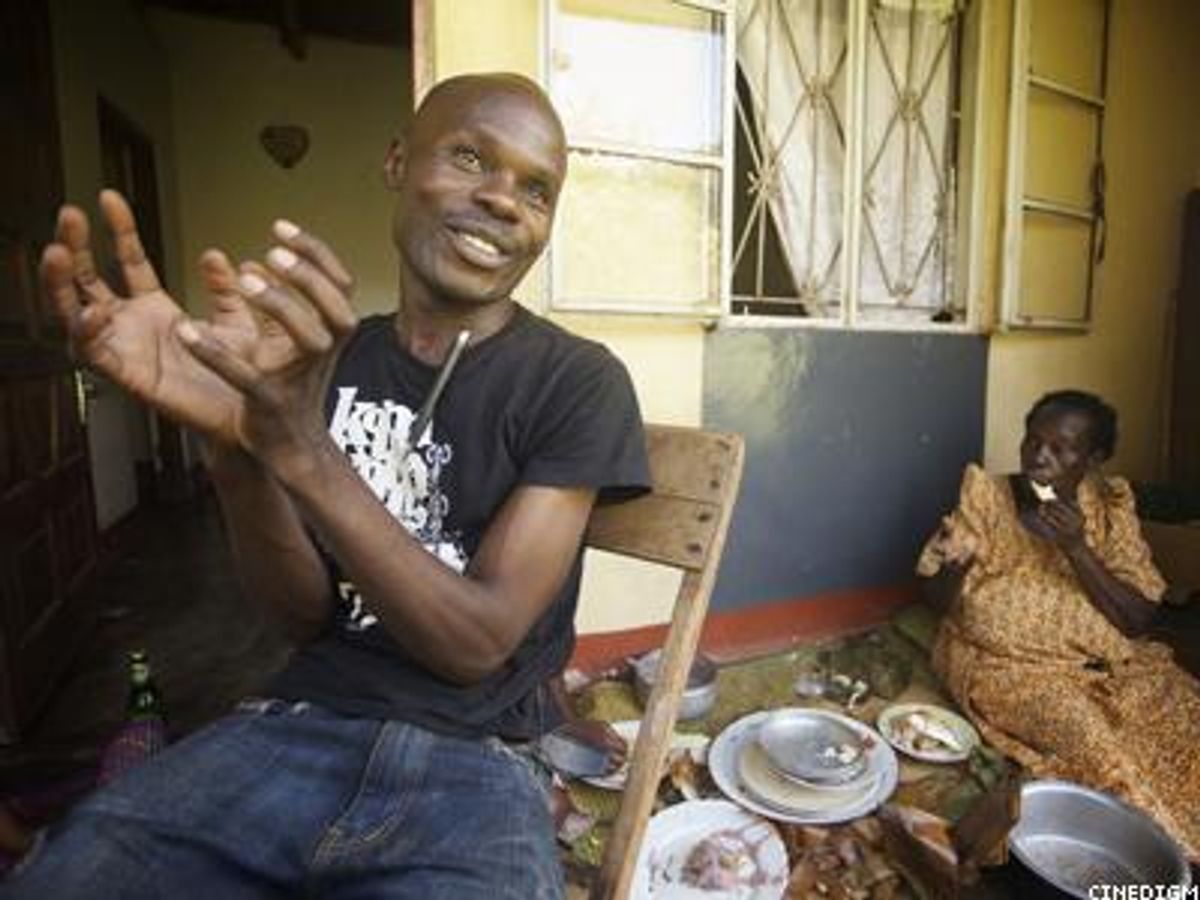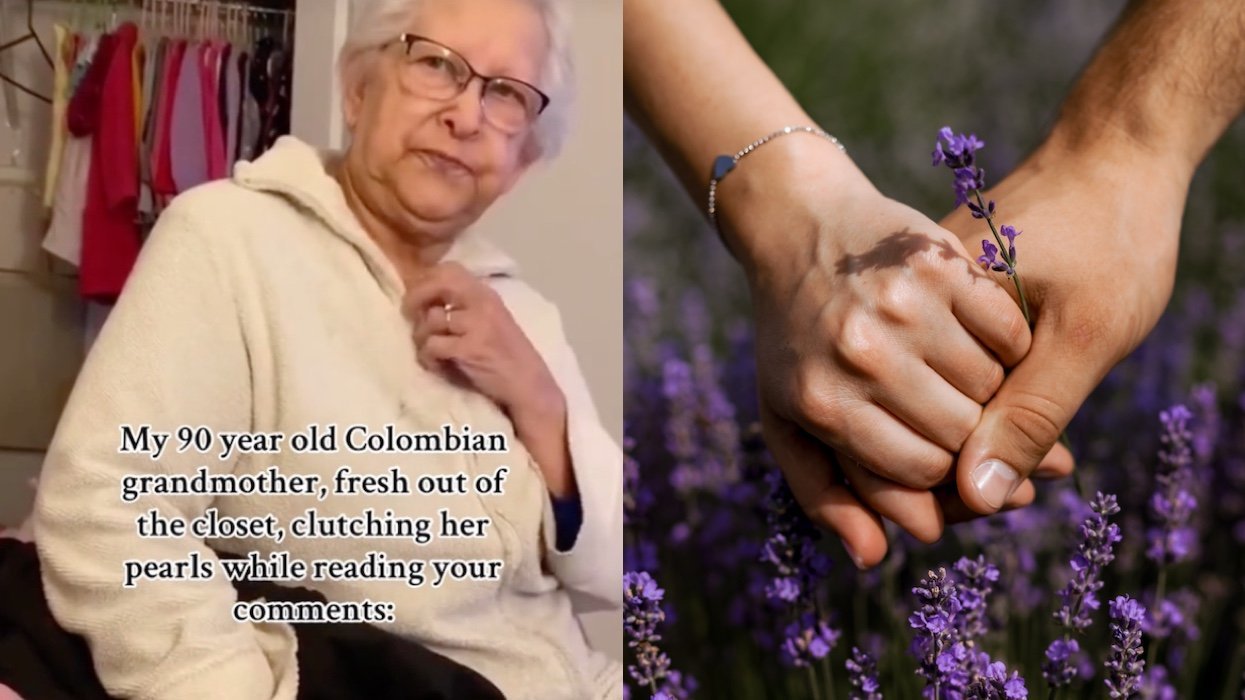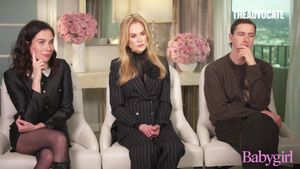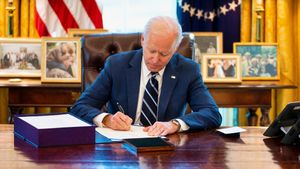Call Me Kuchu, the documentary film chronicling the life and untimely death of Ugandan gay activist David Kato, has been lighting up the festival circuit for the past year, earning nearly two dozen awards, including the Teddy Award for Best Documentary at the Berlin International Film Festival. Now the film is finally seeing a broader public release, opening in New York City last week at the Quad Cinema and in Los Angeles Friday at Laemmele's Music Hall. Additional cities will also begin screening the film in the coming months.
The striking documentary, directed by Katherine Fairfax Wright and Malika Zouhali-Worrall, offers an intimate yet jarring look into a Uganda where tabloid newspapers publish covers with head shots labeled "Uganda's Top 100 Homos," featuring a banner reading "Hang Them." Interviews with the managing editor of the "newspaper" that published that series are unsettling to anyone with a sense of fundamental human rights and were downright painful for this journalist to watch.
The film begins in 2009, the first year member of Parliament David Bahati introduced the so-called Kill the Gays bill, further criminalizing homosexuality and even calling for the execution of openly gay and lesbian Ugandans. Bahati claims that young people are being "recruited" into homosexuality by deviant gays who have been infected with Western ideas about their sexual orientation, and he promises that no amount of influence or intimidation will convince Ugandans to accept "what God condemns."
Call Me Kuchu follows Kato's courageous journey to combat Bahati's Anti-Homosexuality Bill by coming out as the first openly gay man in Uganda and encouraging others to come out as well. The documentary unflinchingly captures the spark that ignited a movement to defeat the bill -- which continues to languish in Parliament today -- and change the hearts and minds of Ugandans, proving that LGBT Ugandans do exist and are willing to fight for their right to exist in the country they call home.
While Kato was surrounded by a supportive mother and LGBT friends, he was often the target of police intimidation and was ultimately beaten to death in his home. Police eventually declared Kato's murder the result of a burglary, refusing to believe that Kato was targeted for his outspoken advocacy of LGBT causes. Even as Kato's friends and family gather to mourn their loss at Kato's funeral, passersby shout homophobic slurs and physically interrupt the procession, telling the mourners their friend deserved to die.
Today, Kato's friends and allies carry on his fight for a peaceful existence free from government persecution, and have built upon the LGBT organizations Kato launched to defend LGBT Ugandans.
Watch the trailer from the film below, in addition to a clip with the aforementioned managing editor who openly admits that he's willing to destroy anyone's right to privacy to protect gay people from "taking minors into [their] bedroom."


















































































